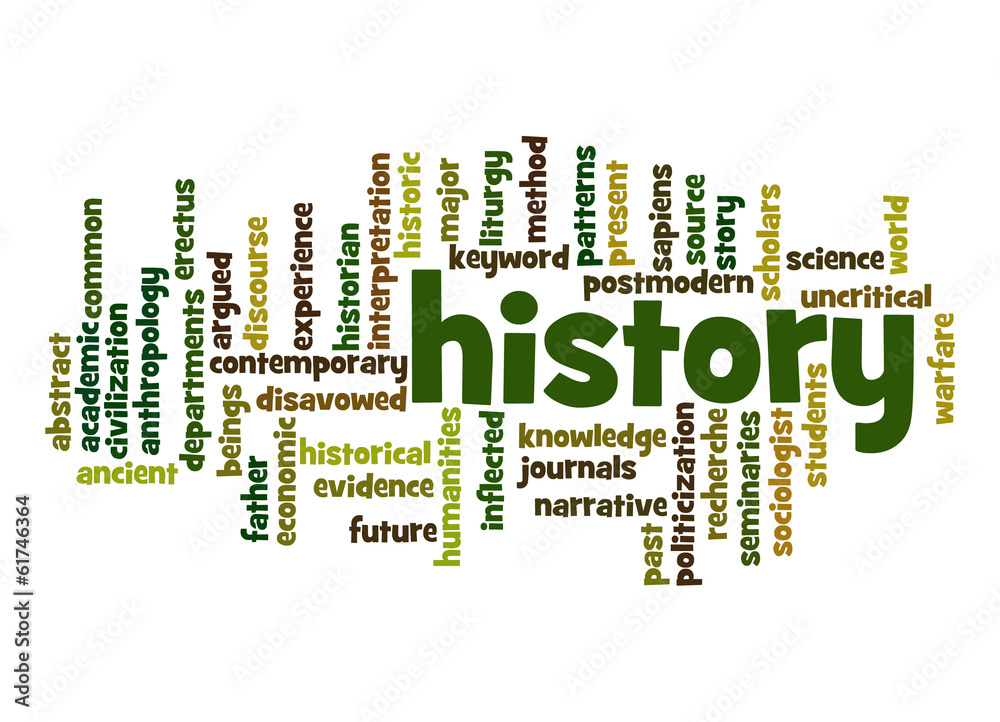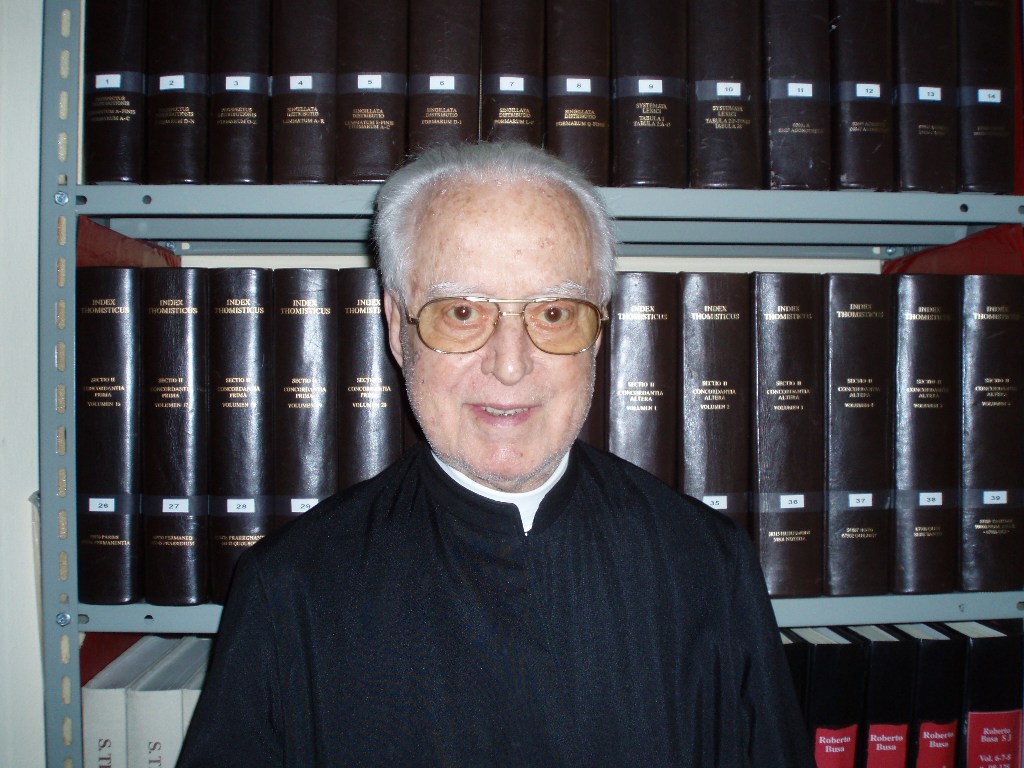






While it is by no means all encompassing, this guide is meant to provide you with enough information on the digital humanities to have a well rounded understanding of this exciting field. It contains information on various topics ad sub-topics, from ethical issues in the field to common software programs. It also contains additional resources to expand your knowledge of DH. Whether you're just mildly curious or a DH expert, you'll find something in this guide for you.
At it's core, Digital Humanities is the intersection of technology and the humanities. It is highly interdisciplinary in this regard. You might see anthropology and media studies working together, or history and data science, or literature and text mining. The possibilities for DH projects are inexhaustible. The use of digital tools and software programs allow for new avenues of research and understanding within the humanities field, such that we no longer have to rely solely on traditional methods of humanities research (though we should continue to use these methods!).
Everyone involved in DH in some way seems to have a slightly different definition of what DH means depending on what they view it's ultimate purpose as.
Digital Humanities emerged in the 1940's with early computational efforts in the fields like literary analysis and linguistics. However, it gained momentum in the 1990's as computers became more accessible. Scholars began employing digital tools for data analysis, text encoding, and information visualization to explore humanistic questions. The field expanded quickly, incorporating cultural heritage preservation, digital archives, and innovative research methods. DH became integrated in academia at the start of the 21st century, fostering interdisciplinary collaboration and public engagement. DH advances and evolves alongside technology, continually shaping how scholars study and interpret the humanities. Tools and software programs are becoming increasingly more user-friendly, so that a humanities scholar or researcher doesn't necessarily need to be technologically adept in order to create an interesting DH project.

Roberto Busa
An Italian Jesuit priest, who, in 1946 created what is widely considered the first real DH project: the Index Thomisticus. This project was sponsored by IBM and Busa selected 179 texts that centered around Thomas Aquinas which were then put into a form that was machine-readable. It took 34 years and indexed 10.6 million words.
THE WORK OF ROBERTO BUSA SJ: OPEN SPACES BETWEEN COMPUTATION AND HERMENEUTICS
Roberto Busa, S.J. and the emergence of humanities computing : the priest and the punched cards

Franco Moretti
(Image taken from American Academy of Arts and Sciences)
An Italian literary scholar who is known for his work in "distant reading." He applied computational methods in order to analyze large-scale literary data. This introduced a quantitative method of literature studies and helped further merge digital applications with traditional methods of humanities research.
Distant Reading, Computational Criticism, and Social Critique: An Interview with Franco Moretti
Of Trees and Genealogies: A Foucauldian Commentary on Franco Moretti

Michel Foucault
A French philosopher who's ideas about power dynamics and discourse have had a profound impact and influence on the field of DH.

Susan Hockey
(Image taken from UCL Information Studies)
Acclaimed scholar who founded the Center for Electronic Texts in the Humanities (CETH) at Rutgers University, contributed greatly to the development of text-encoding standards, and was pivotal in the advancement of digital humanities pedagogy.
A guide to computer applications in the humanities
Electronic texts in the humanities : principles and practice

Jerome McGann
(Image taken from the Center for Research in the Arts, Social Sciences and Humanities at the University of Cambridge)
Influential literary scholar known for his work on textual analysis and digital archives. helped promulgate the importance of integrating technology with humanities research and instruction.
A new republic of letters : memory and scholarship in the age of digital reproduction

Johanna Drucker
One of the earliest scholars to recognize the importance of digital technologies for humanistic research and scholarship. Her work is characterized by the investigation into the nature of digital representation, the limitations of computational methods, and the necessity of balancing quantitative analysis with qualitative understanding.
Visualization and interpretation : humanistic approaches to display
Graphesis : visual forms of knowledge production
SpecLab : digital aesthetics and projects in speculative computing